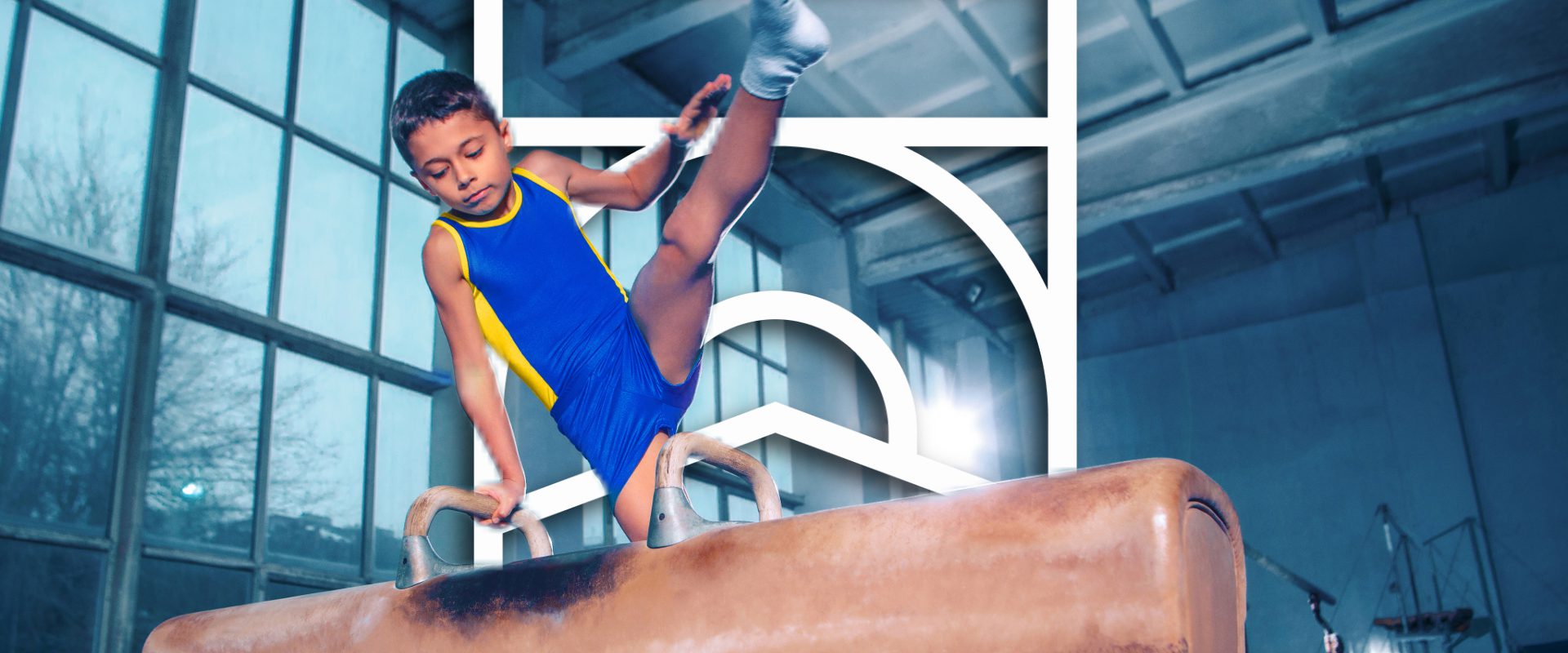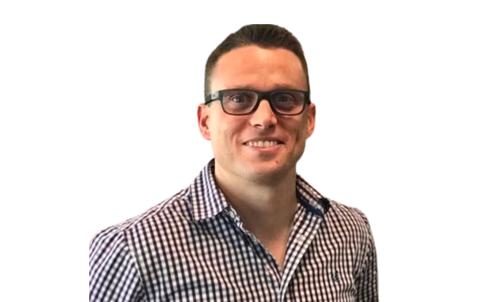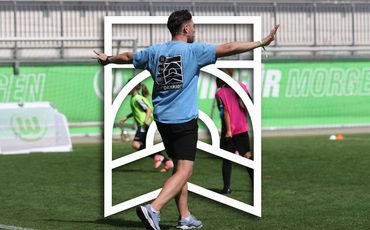
Planning Progressive Programmes
with Prof. Rhodri Lloyd
In the world of youth sport, success isn’t measured by early wins or short-term performance. Instead, it’s about laying the foundation for lifelong participation and long-term athletic development. This is the central message of the ICOACHKIDSpodcast episode “Planning Progressive Programmes,” where Dr. Megan Hill interviews Professor Rhodri Lloyd of Cardiff Metropolitan University.
Professor Lloyd emphasizes that effective coaching is not about quick fixes or rigid training plans. Instead, it’s about designing programmes that evolve with the child, adapting to their physical, psychological, and social development. This approach, known as progressive programming, ensures that young athletes are not only improving their skills but also enjoying the process and staying engaged over time.
A key takeaway from the conversation is the importance of individualization. Children develop at different rates, and a one-size-fits-all model can hinder progress or even cause harm. Coaches must be attuned to each child’s needs, abilities, and motivations. This means regularly assessing and adjusting training loads, skill challenges, and even communication styles to suit the individual.
Professor Lloyd also highlights the role of long-term planning. Rather than focusing on immediate outcomes, coaches should think in terms of months and years. This includes setting age-appropriate goals, introducing fundamental movement skills early, and gradually layering in sport-specific techniques. The goal is to build a robust athletic foundation that supports both performance and well-being.
Another critical aspect discussed is the integration of physical literacy. Developing competence and confidence in movement is essential for young athletes. This doesn’t just improve performance—it also fosters a positive relationship with physical activity that can last a lifetime. Coaches are encouraged to create environments where exploration, creativity, and play are central to learning.
The conversation also touches on the importance of collaboration. Coaches, parents, teachers, and sport scientists all have a role to play in supporting a child’s development. Open communication and shared goals help ensure consistency and reinforce positive behaviours across different settings.
Ultimately, planning progressive programmes is about more than sport—it’s about nurturing the whole child. By focusing on long-term growth, individual needs, and holistic development, coaches can help young people thrive both on and off the field.
Want to discover more of his work? You can follow Professor Rhodri Lloyd on Twitter
Contributor:

Professor Rhodri Lloyd
Rhodri is a Professor in Paediatric Strength and Conditioning and Chair of the Youth Physical Development Centre at Cardiff Metropolitan University. He also holds a research associate position with Auckland University of Technology and is a research fellow for Waikato Institute of Technology. His research interests surround the impact of growth and maturation on long-term athletic development and the neuromuscular mechanisms underpinning training adaptations in youth. He is a senior associate editor for the Journal of Strength and Conditioning Research and as associate editor for the Strength and Conditioning Journal. In 2016, he received the Strength and Conditioning Coach of the Year award for Research and Education from the United Kingdom Strength and Conditioning Association (UKSCA) and in 2017 was awarded the Terry J. Housh Outstanding Young Investigator of the Year award from the National Strength and Conditioning Association (NSCA). He is the current Chair of the NSCA Long-term Athletic Development Special Interest Group, and between 2011-2015 served as a Board Director for the UKSCA.
Comments
Related Pages


